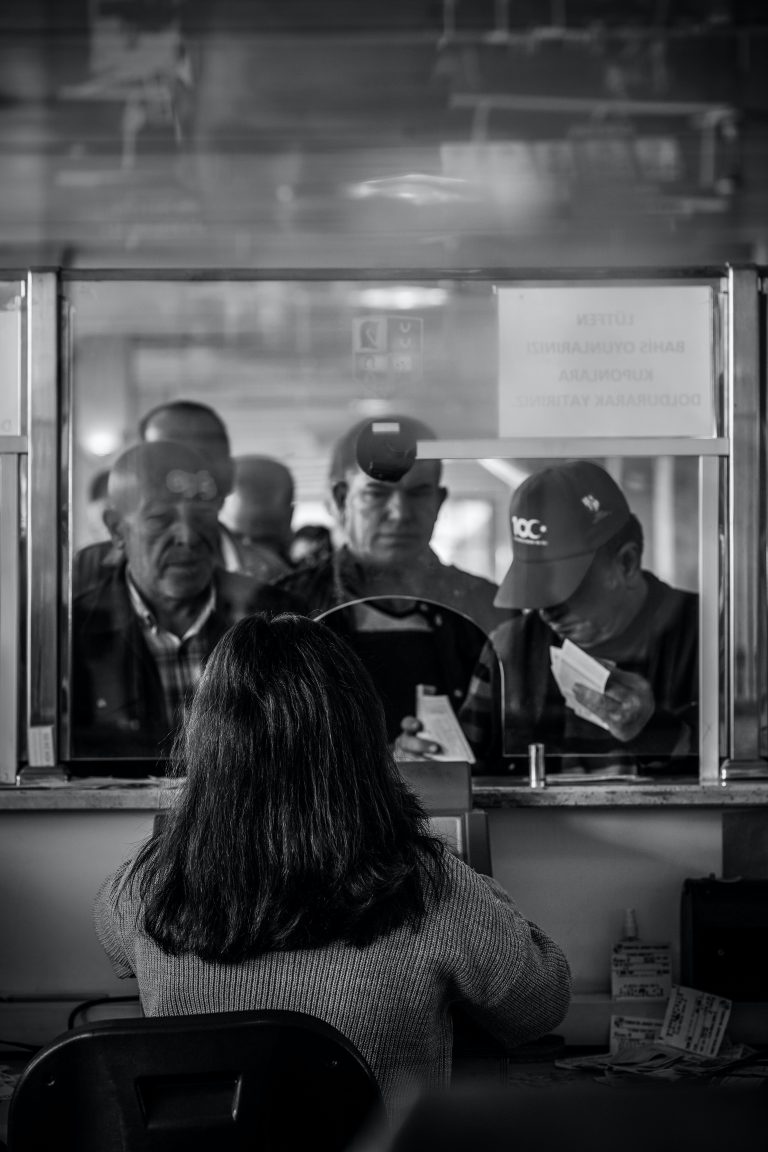Unleashing the Trans-formative Power of Music in the Business World today.
Music plays a significant role in the business world today, impacting various aspects of industries and organizations.The symbiotic relationship between music and business has evolved into a powerful force shaping the modern corporate landscape. Music, with its unparalleled ability to evoke emotions and convey messages, has seamlessly integrated into various facets of the business world, transcending traditional boundaries.
Beyond being a form of entertainment, music has become a strategic tool for businesses to define their brand identity, enhance customer experiences, and drive marketing initiatives. From the carefully curated playlists in retail spaces influencing consumer behavior to the use of music in advertisements to create memorable brand associations, businesses recognize the profound impact that sound can have on their success.
In an era of digital content creation, social media, and experiential marketing, the synergy between music and business has opened new avenues for engagement, allowing companies to connect with their audience on a deeper, more emotional level. As businesses continue to harness the power of music, it remains a dynamic and integral element in shaping the narrative, identity, and overall success of organizations in the contemporary global marketplace.
Several ways in which music influences the business world:
- Branding and Marketing:
- Brand Identity: Music is often used to create a distinct brand identity. Jingles, sound logos, and specific music choices in advertisements can help build a recognizable and memorable brand.
- Emotional Connection: Music has the power to evoke emotions. Advertisers use this to create a stronger emotional connection between consumers and their brands.Branding and marketing through music are common strategies employed by businesses to create memorable experiences, evoke emotions, and establish a distinctive brand identity. Example: Advertising Campaigns,jingles or sound logos and TV Commercials and Film Placement.
- Retail and Customer Experience:
- In-Store Atmosphere: Background music in retail environments can influence the perception of the store and impact the shopping experience. The right music can encourage customers to spend more time in a store and make more purchases.
- Restaurants and Hospitality: Music selection in restaurants, hotels, and other hospitality businesses can affect the overall ambiance and customer satisfaction.
- Productivity and Employee Morale:
- Workplace Productivity: In some workplaces, background music is used to boost employee productivity. However, individual preferences vary, and it’s important to consider the type of work and employee preferences.
- Employee Morale: Music can contribute to a positive workplace culture, boost morale, and create a more enjoyable work environment.
- Events and Conferences:
- Corporate Events: Music is often integrated into corporate events and conferences to enhance the atmosphere, engage attendees, and create memorable experiences.
- Networking: Music can be used to facilitate networking and social interactions during business events.
- Streaming and Licensing:
- Music Streaming Platforms: The rise of streaming platforms has changed how businesses access and use music. Many companies subscribe to music services for in-store playlists, online content, or even for creating promotional videos.
- Licensing Opportunities: Businesses often license music for commercials, promotional videos, and other marketing materials to enhance their content.
- Social Media and Content Creation:
- Video Content: Music is an essential component of video content on social media platforms. It can significantly impact the engagement and shareability of content.
- User-Generated Content: Businesses encourage users to create content using specific music, creating a connection between the brand and its audience.Coca-Cola, for example, has used music in its social media campaigns, creating shareable content that taps into the emotional resonance of well-known songs.
- Event Sponsorships and Entertainment:
- Concerts and Sponsorships: Businesses often engage in sponsorships of music events or festivals to increase brand visibility and connect with a specific target audience.For example, Red Bull sponsors various extreme sports events and music festivals, associating its brand with high energy and excitement.
- Corporate Entertainment: Live music is commonly used in corporate events and parties to entertain guests and create a positive atmosphere.
In conclusion, music has a multifaceted impact on the business world, influencing everything from branding and marketing to customer experiences and employee morale. The strategic use of music can contribute to the overall success and identity of a business in today’s competitive landscape.




















+ There are no comments
Add yours